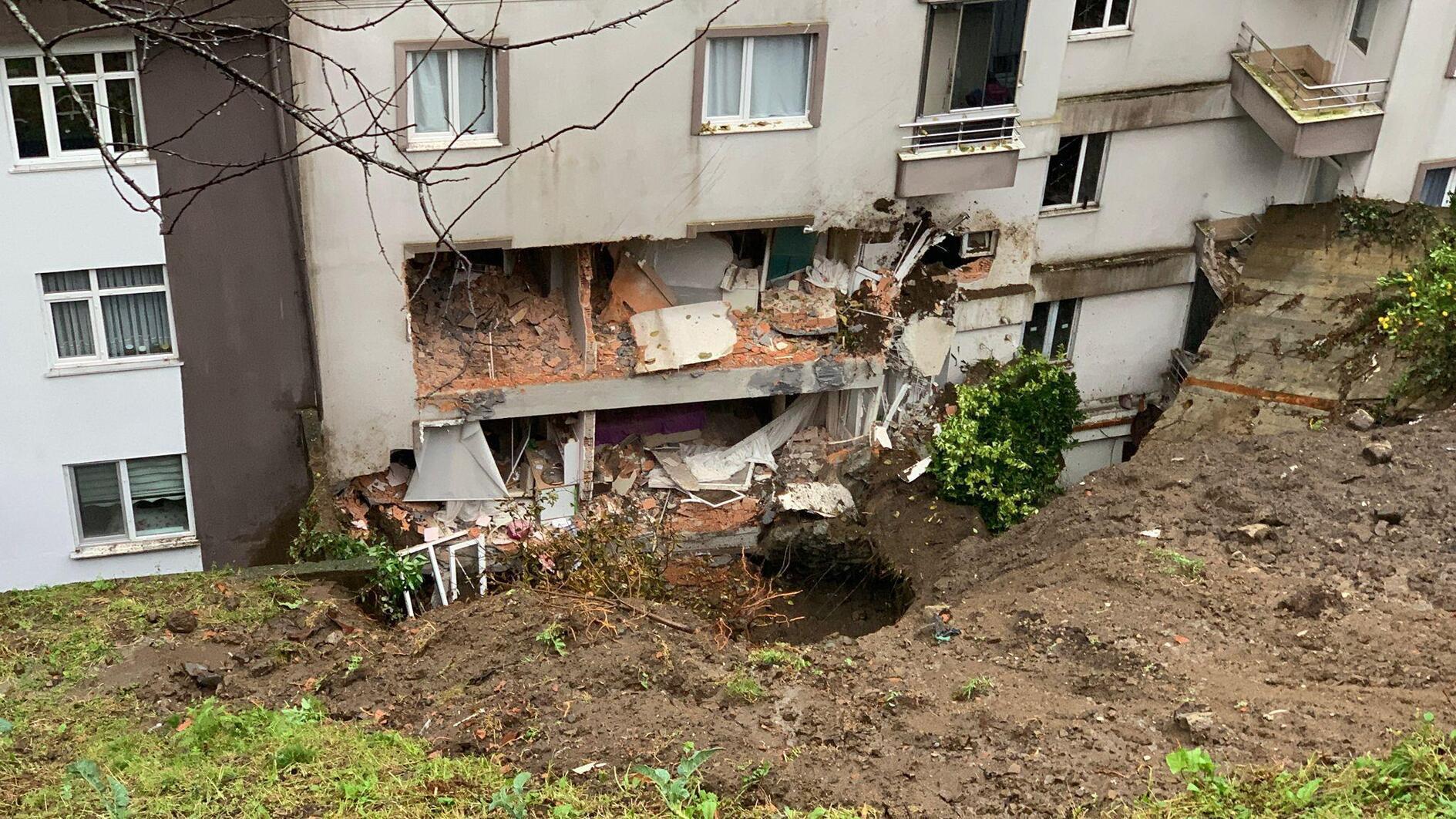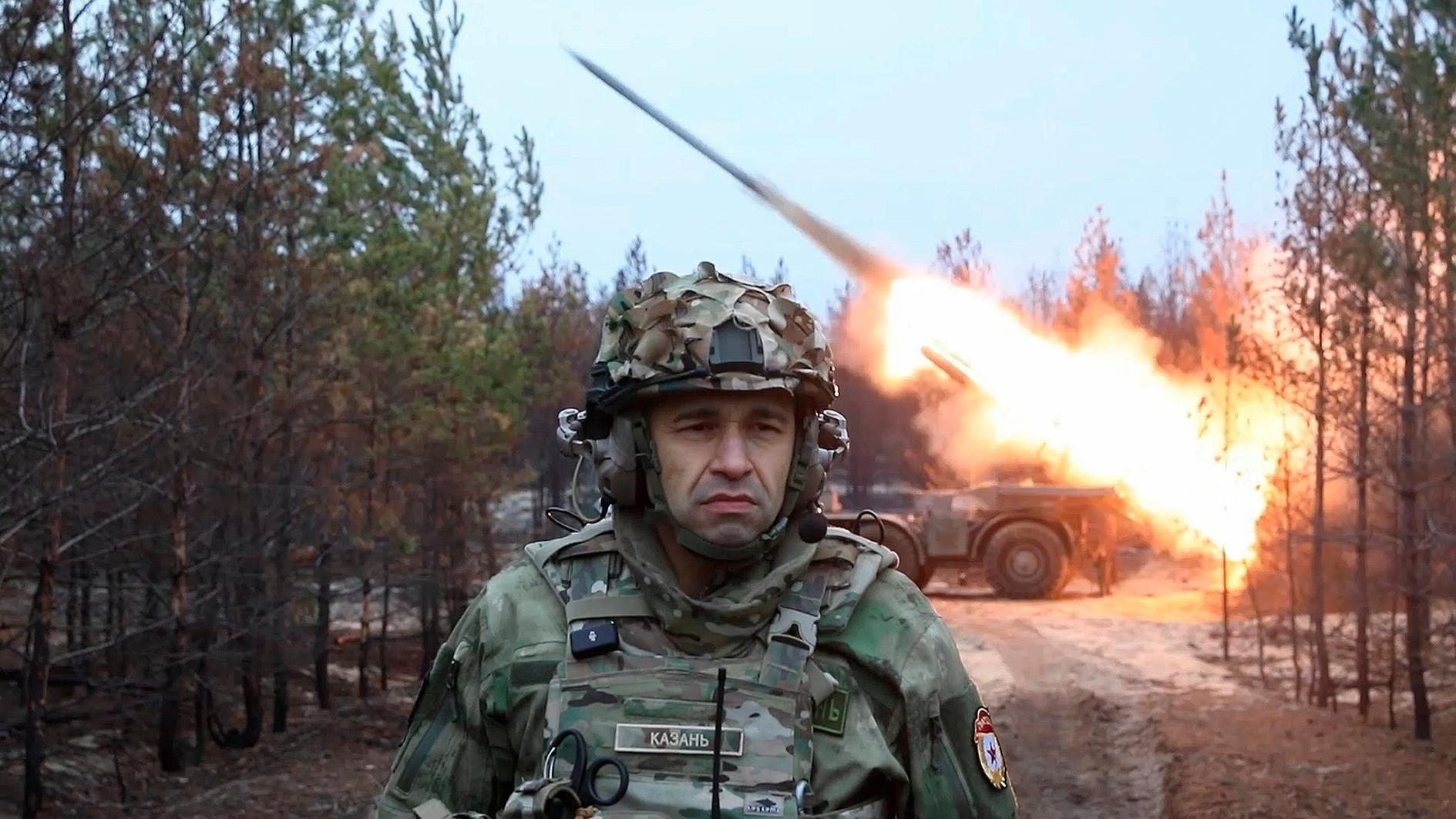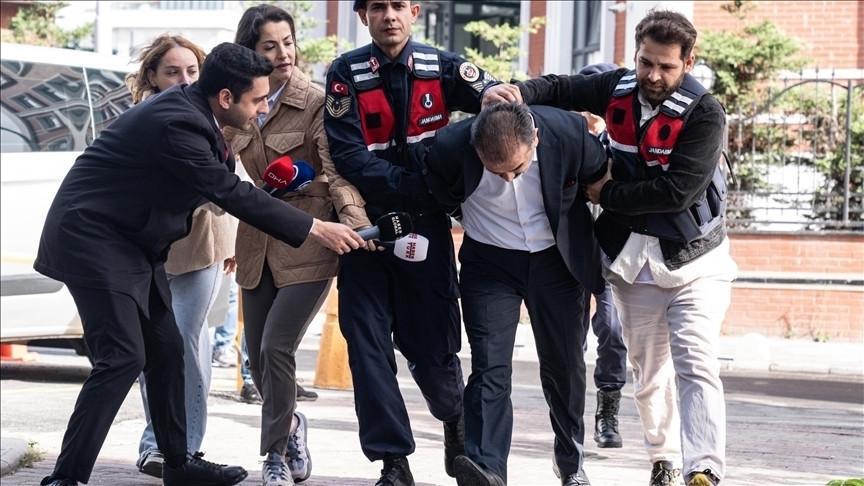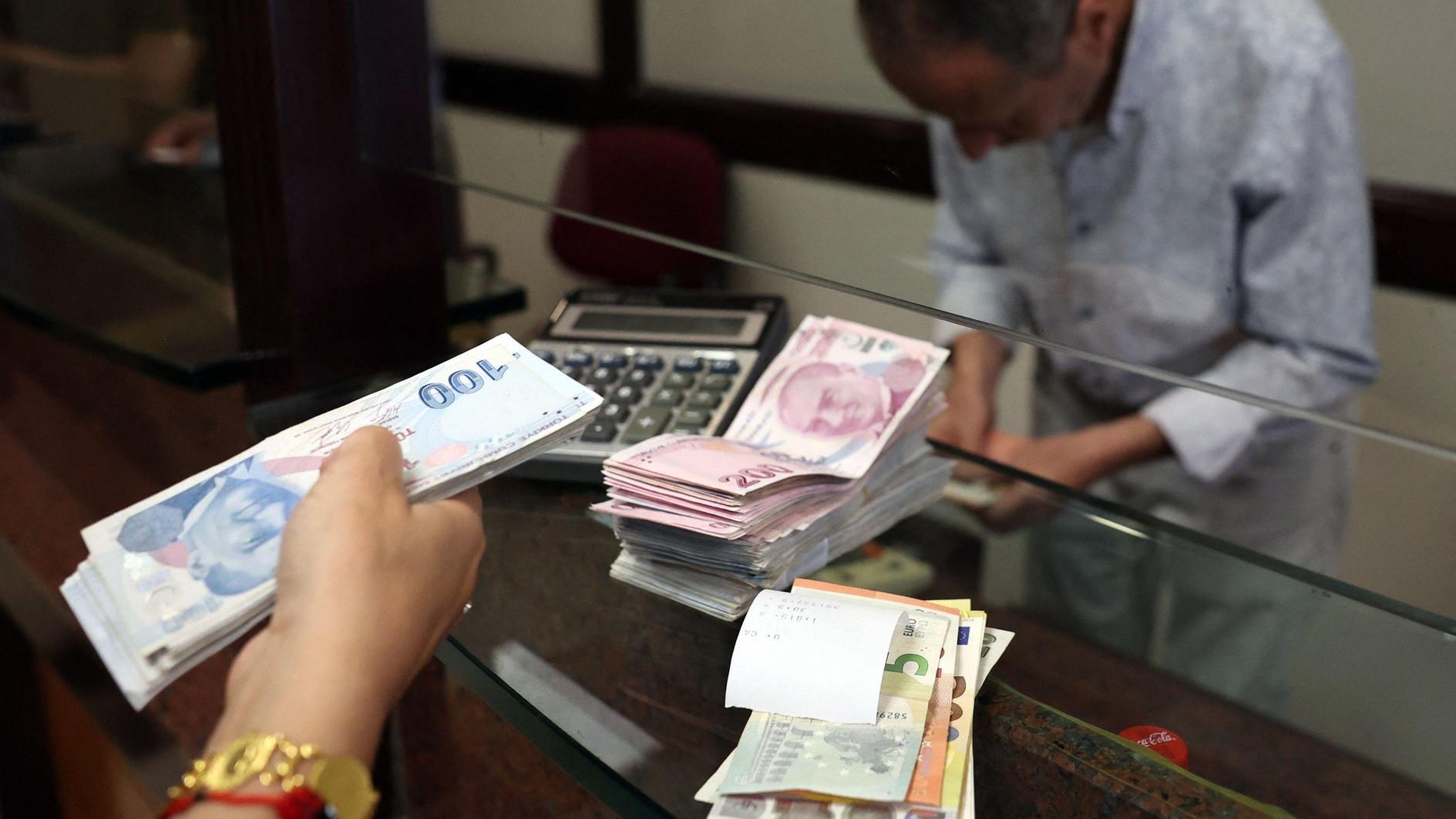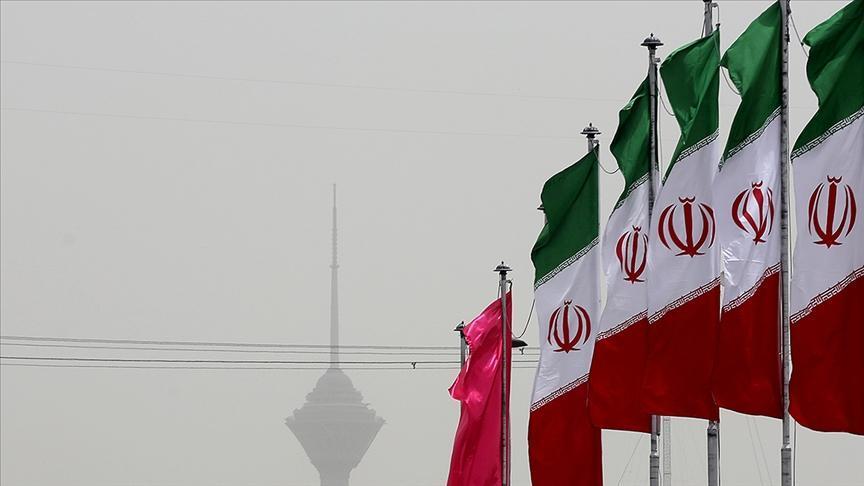End to nuke deal may start ‘era worse than Cold War’: Expert
Barçın Yinanç - barcin.yinanc@hdn.com.tr
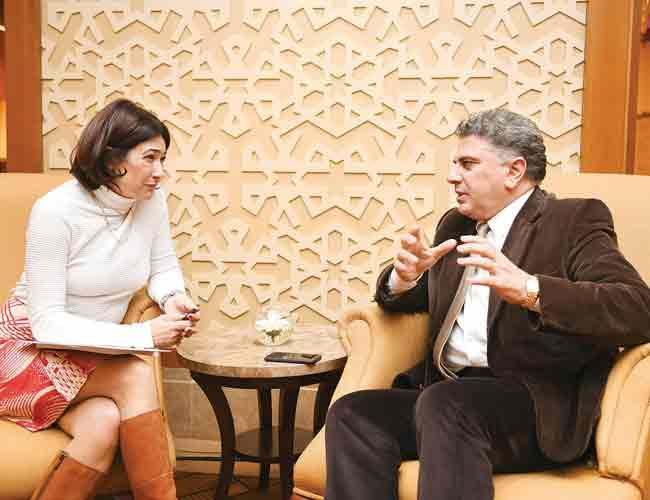
The collapse of the nuclear arms control regime can open an era even more dangerous than the cold war years, says a scholar. Turkey risks to become the setting of a crisis between Washington and Moscow according to Professor Mustafa Kibaroğlu.
The US announcement at the beginning of the month that it is suspending its compliance with the Intermediate-range Nuclear Forces (INF) treaty can lead to the demise of an arms control regime opening the way to an era of uncertainty with devastating consequences said a scholar. In the resulting tension between Moscow and Washington the parties could opt to give each other messages via limited scale crisis and Turkey risks to be one of the setting areas of these crisis warned Professor Mustafa Kibaroğlu.
Give us your take on the nuclear issue that has come to add to the contention between Russia and the U.S. Is the cold war coming back?
I am concerned that we might be heading towards a period of uncertainty that might make us long for the tension of the cold war. I cannot say in full confidence that we will definitely end up with such an era because I do not think that the actors that will define the outcome have taken their final position.
Still we seem to enter into an irreversible period of a change in paradigm. The next six months during which US has suspended the INF is critical. The U.S and Russia are not expected to back down. But there are also other developments that we also need to watch: The New Strategic Arms Reduction Treaty (START) is due to expire in 2021. There is no sign yet whether it will be extended. If it will be extended the period of uncertainty could be delayed for some time. If not then we might enter a period where we can seriously miss the cold war era.
What are the reasons for the crisis?
Russia has objected to NATO’s eastward expansion and it was irritated by increasing US presence in the Middle East through wars in Afghanistan and Iraq. But it did not have enough power to resist. Once (Vladimir) Putin came to power he started to challenge by ignoring the rules and threatening in a way the stability provided by international treaties.
But Russia claims it is the US that violates the INF treaty.
Indeed Russia’s claims are not new. Russia has objected to US’ missile shield project to be adopted by NATO; which started in the beginning of 2000’s. But the U.S. and NATO went ahead despite Russian objections. Moscow could not accept this and said “if you are not taking me too serious then I will revise my position on bilateral treaties.”
Russia slowed down and stopped after a while the dismantlement of missiles with a range of 500 to 5500 km as required by the INF.
At the time of its inception the missile shield was said to be developed against Iran but it seems Russia perceives it as a threat to itself. To what degree has the project become operational?
It is not yet fully operational but it is expected to be so in a short while. The radar in Turkey (Kürecik) has become operational in 2012. I have to say that Turkey’s contribution to NATO’s missile shield project with this radar site is vital.
Meanwhile Russia also claims the Aegis cruisers with ballistic missile defense capability deployed in Romania’s coast are also a breach of the INF treaty.
Let me also add that the missile defense shield does not cover Turkey’s east and southeast. This is not something Turkey can neglect. Turkey needs a missile defense system; which is behind the debates for Ankara’s decision to purchase S400s.
While Russia has been voicing its objections the move that aggravated the crisis came from Washington who said it would leave the INF.
Actually some argue that this was a step that should have been taken during (Barack) Obama’s administration, because they claim Russians have developed a missile with a range over 500 km; while Russians say it is 480 km.
While Obama administration was complaining about Russia’s tests of new missiles it has never said it would leave the treaty. Actually the bipartisan view in the States is that you cannot just scrap a law just because some don’t abide by it. Saying, “Russia is breaching this treaty for the past ten years therefore we are leaving the treaty,” does not reverse Russian position.
In addition it creates a serious uncertainty in terms of whether START will be extended or not. If these treaties will no longer be in force, as I said, we are talking about the collapse of a paradigm built on disarmament, arms control and nonproliferation; there is no other paradigm to replace it and that will lead to a period of unpredictability. I am not talking about some kind of an economic or political crisis. I am talking about thousands of nuclear weapons. When you look at the people in decision-making positions, and think of situations where a technical problem or a misunderstanding that might lead to a crisis getting out of control; then you can realize how this is seriously alarming. If the arms control system collapse the process to prevent the proliferation of nuclear weapons will be negatively affected as well. The treaty on the nonproliferation of nuclear weapons (NPT) is set to be reviewed in 2020. If that were to collapse too, this will open the doors to a dangerous era, which would pose a serious threat also to those that have contributed negatively to these developments.
How do you think this will affect Turkey on a country basis?
As far as Turkey is concerned the INF treaty is very important in terms of its range. Non-compliance by Russia affects first and foremost Europe and the Eurasian geography.
On the one hand Turkey is part of the NATO alliance. On the other we have good relations with Russia. We have seen how this could be reversed with just one incident and even though our relations are currently at the highest level you cannot ignore the probability that they could go back to a negative track.
The real concern here is that the parties; the U.S or Russia might opt to give each other a message over a contention on a limited scale; as a showcase. Where that could be? In the vicinity: for Russia that could be the Baltic or the Middle East; a geography involving Turkey. We are talking about a scenario like the Cuban missile crisis. These are not issues to be taken lightly; the costs could be catastrophic.
The current level of Turkey’s relationship with Russia is very valuable. While talking to our colleagues who know Putin I gather he values and trusts President Recep Tayyip Erdoğan. This is an asset for the Western alliance. Unfortunately there is not a positive outlook towards Turkey. Yet according to some of our colleagues there is nearly no dialogue between Moscow and Washington. The West should understand that a leader which is part of the Western alliance who have good relations with Russia is an asset. But there is no such understanding.
Turkey’s Western allies are criticizing Turkey’s purchase of S400s from Russia.
I come across this question and my answer is clear. I ask my interlocutors: “you wanted to give Turkey missile defense system and was it Turkey that refused?” We were going to collaborate with the US and Israel. The Americans said Israel do not want you and Israelis said the Americans don’t want you. Years have passed over these debates.
The West has to ask the question why Turkey had come to a point of looking for other alternatives. Turkey has paid nearly half of the price of S400, it cannot be expected to reverse its decision due to some pressures. Turkey wanted to partner with the West but the West has never come with a strong initiative to address Turkey’s needs properly.
 WHO IS MUSTAFA KİBAROĞLU?
WHO IS MUSTAFA KİBAROĞLU?
Prof. Dr. Mustafa Kibaroğlu is currently the Dean of the Faculty of Economics, Administrative and Social Sciences and the Director of the Center for International Security Studies and Strategic Research at MEF University in Istanbul.
Kibaroğlu was a Research Fellow at the United Nations Institute for Disarmament Research in Geneva (1995); International Atomic Energy Agency Fellow at the University of Southampton (1996); Post-doctoral Fellow at the Monterey Institute in California (1996/97).
He served between 2006/2013 as the academic advisor of the NATO Centre of Excellence Defence Against Terrorism. He is a Council Member of the 1995 Nobel Peace Prize winner Pugwash Conferences on Science and World Affairs, and a Member of Sectoral Working Group of ROKETSAN Missile Industries.


